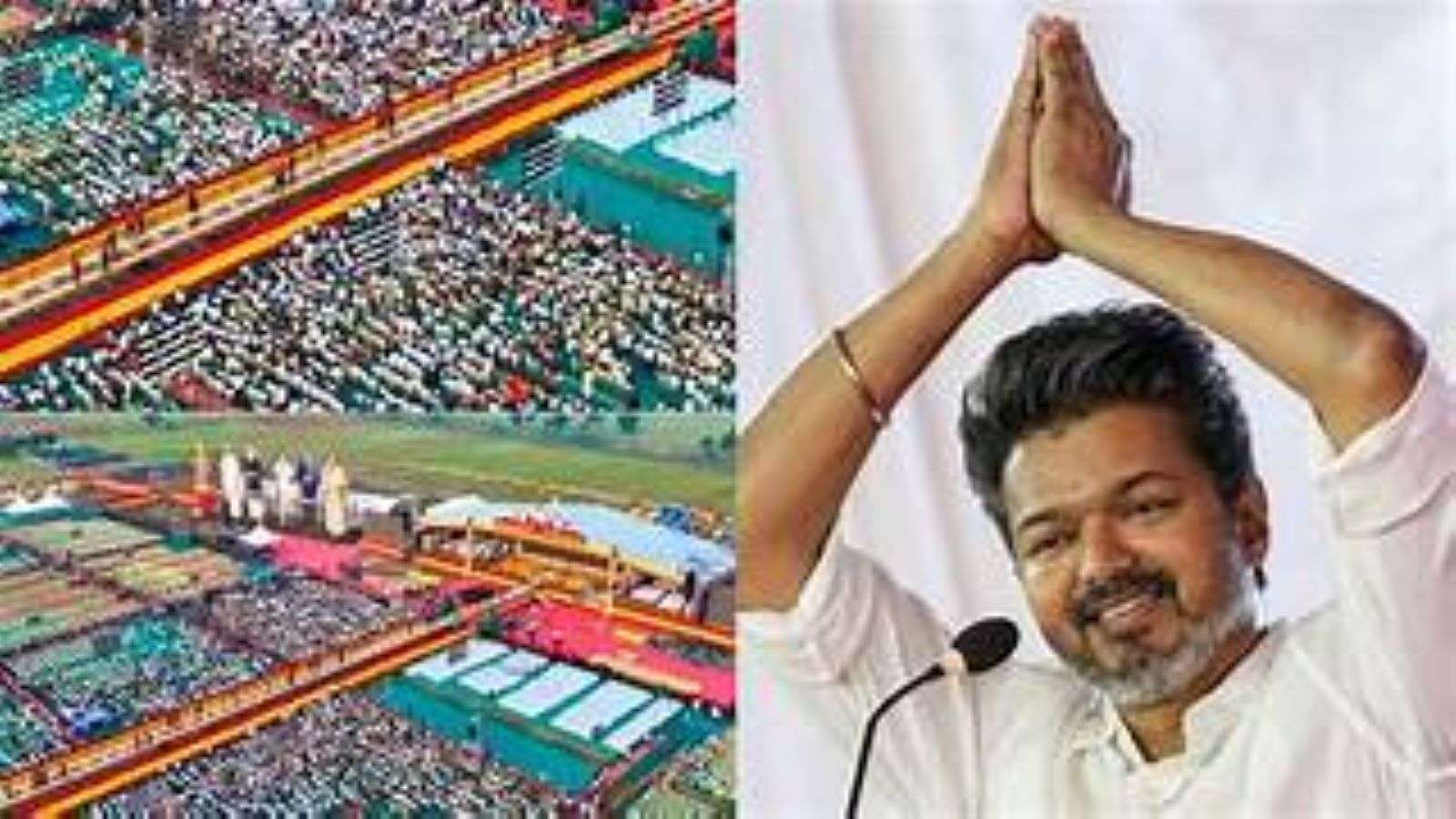MS Shanker
India’s political landscape is witnessing an unprecedented and blatant scramble for minority votes, particularly among Muslims, who constitute around 18% of the population. The opposition parties, long accustomed to a complacent majority, are now aggressively courting minority voters to stay relevant in the electoral game. With Congress—the traditional bastion of Muslim votes—losing its grip, regional parties such as the Samajwadi Party, Bahujan Samaj Party, Trinamool Congress, Rashtriya Janata Dal, Nationalist Congress Party, and Aam Aadmi Party and Bharat Rashtra Samiti (BRS) have stepped in to capture the crucial vote bank.
Even the Shiv Sena, once a hardcore Hindutva party founded by the late Bal Thackeray, has reversed its stance in pursuit of power, aligning itself with parties that traditionally wooed the Muslim electorate. This shift marks a significant ideological transformation for a party that built its foundation on pro-Marathi and Hindutva sentiments.
In Tamil Nadu, the newly formed Tamilaga Vetri Kazhagam (TVK), led by actor Vijayan, is the latest entrant in this race. Without a clearly defined ideological stance, the party has begun pandering to Muslim voters by demanding the withdrawal of the Centre’s Waqf Board Amendments Bill. The move is seen as a calculated attempt to consolidate minority votes, mirroring a pattern seen in previous electoral cycles.
Tamil Nadu’s political arena has always been dominated by Dravidian politics, but the upcoming assembly elections have seen a stark realignment. The Congress-DMK alliance, in particular, has aggressively positioned itself as the protector of minority interests, brazenly appealing to Muslim voters.
The numbers speak for themselves. Tamil Nadu has a total electorate of 6,36,12,950, with a significant minority vote concentration in 27 assembly segments. Of these, the DMK-led alliance has won or maintained leads in 19 segments, translating to a success rate of over 70%, while the AIADMK has struggled with a meagre 30% strike rate in these areas. In the remaining 133 constituencies, minority votes continue to play a decisive role, solidifying DMK’s electoral advantage.
Even AIADMK’s severance from the BJP has not significantly altered its standing among Muslim voters, underscoring the deeply entrenched communal voting patterns in the state. Against this backdrop, TVK’s demand for the withdrawal of the Waqf Board Amendments Bill is less about policy and more about political positioning. The irony is that many of these parties, including those demanding the rollback, seem to have little understanding of the Bill’s actual implications—whether it benefits or harms the Muslim community.
The Centre introduced the Waqf Board Amendments Bill months ago, but instead of rushing it through, it referred the legislation to a Joint Parliamentary Committee (JPC) for thorough examination. After extensive consultations and nationwide deliberations, the JPC finalized its report, only for the opposition parties to unjustifiably demand the Bill’s withdrawal.
Adding to the controversy, some JPC members falsely alleged that their dissenting notes were removed from the draft report. The ruling BJP-led government has effectively countered these claims, reaffirming its commitment to legislative transparency. Given its parliamentary majority, the government is well-positioned to pass the Bill—just as it did with the Triple Talaq ban, a landmark reform that, according to former Kerala Governor Arif Mohammad Khan, reduced divorce cases among Muslims by 90%.
While the opposition scrambles to secure minority votes, the larger question remains: how long will India’s majority Hindu electorate tolerate this blatant communal politicking? The selective appeasement of minorities at the cost of national unity is a dangerous game that threatens the fabric of democracy.
The Centre, under its ‘Sabka Saath, Sabka Vikas’ vision, must ensure that governance remains inclusive yet impartial. The passing of the Waqf Board Amendments Bill would be a step toward this commitment. Meanwhile, the electorate in Tamil Nadu—and indeed, across India—must recognize the divisive tactics employed by political opportunists and respond through the ballot. The time has come for voters to see through the communal machinations of the opposition and uphold a political order that values genuine development over divisive vote-bank politics.







